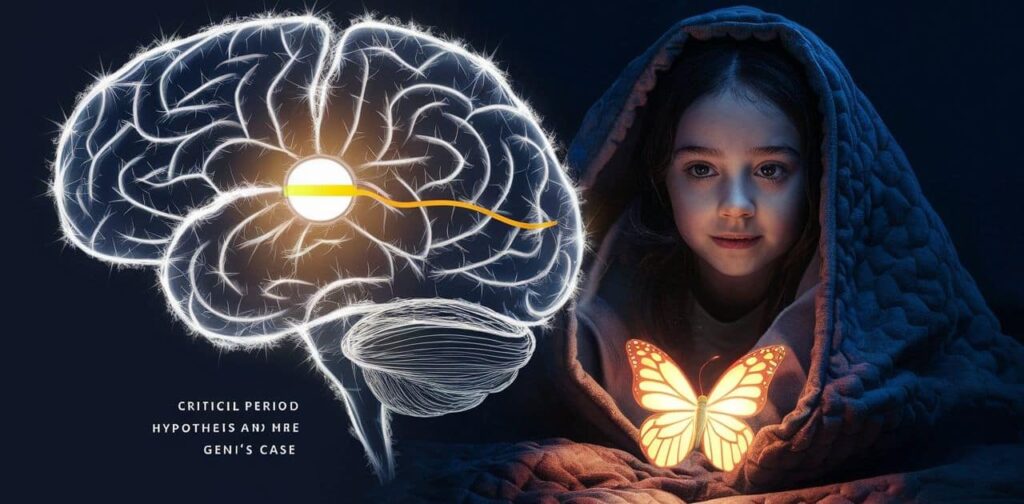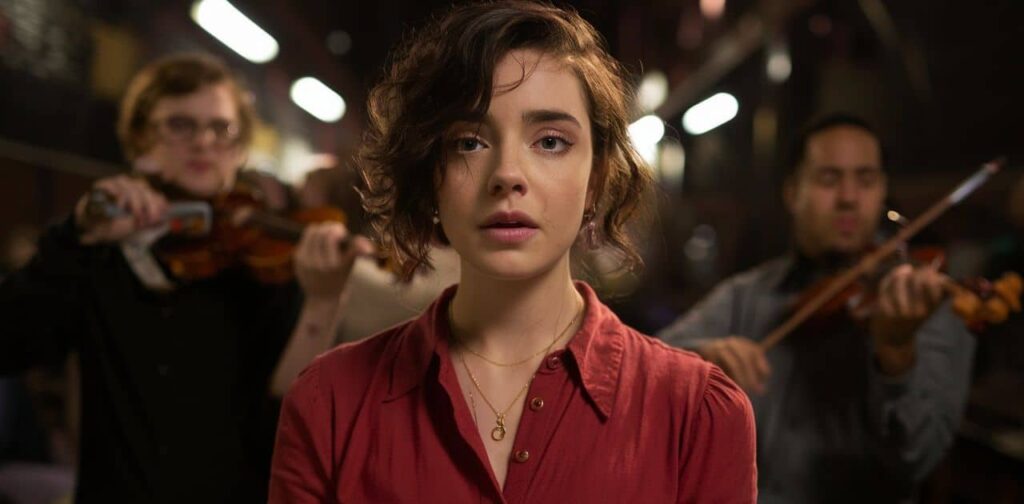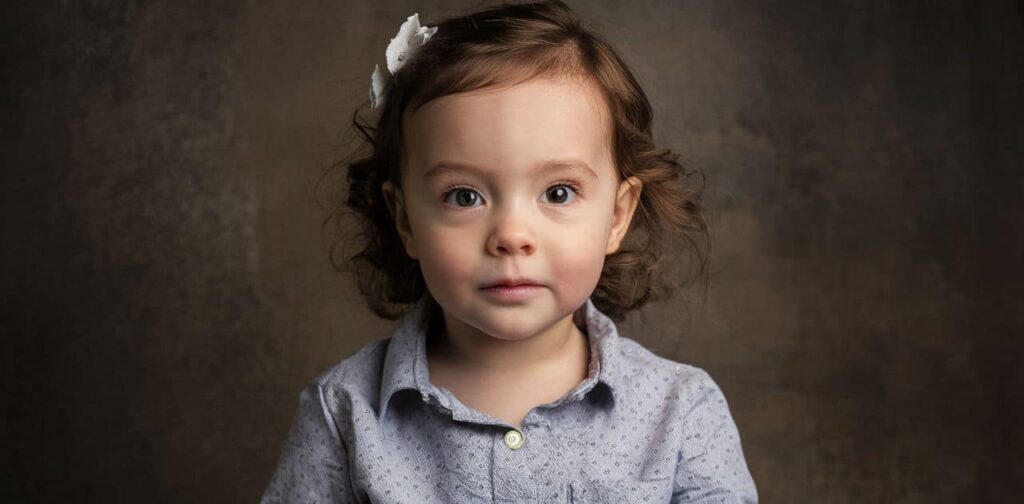The story of Katie Standon, also known as “Genie,” is one that has captivated audiences worldwide, sparking discussions on child development, resilience, and the consequences of abuse. Genie’s case, though heartbreaking, offers profound insights into the human brain’s remarkable capacity for adaptation.
As we look ahead to 2024, many wonder about her current well-being and whereabouts. Is Katie Standon, the woman whose early life was marred by unimaginable neglect and isolation, still alive? This article delves into Genie’s incredible journey, providing an update on her present circumstances while exploring the enduring impact her story has had on our understanding of critical periods in childhood development.
Is Katie Standon a Real Person?
Yes, Katie Standon is a real person whose true name is Genie. The movie “Mockingbird Don’t Sing” used the pseudonym “Katie” to protect her privacy amidst the public spotlight. Genie’s story is not fiction; it’s a poignant account of a young girl subjected to extreme neglect and deprivation, which left an indelible mark on discussions about child development and the long-term effects of abuse.
Where is Katie Standon Now in 2024?
In 2024, Genie, now in her late 60s, resides in a foster care facility tailored to the needs of adults with developmental disabilities. The exact location remains undisclosed to safeguard her privacy, which has become paramount after the sensitive nature of her past experiences. Reports suggest that Genie, referred to as Katie Standon, is content in her current living situation and receives attentive care from professionals dedicated to ensuring her well-being.
What Actually Happened to Katie from “Mockingbird Don’t Sing”?
The 2001 film “Mockingbird Don’t Sing” captivated audiences with the fictionalized story of Katie Standon, who struggled to speak and connect with the world. However, the real-life inspiration behind this movie is a woman known simply as Genie, whose story is even more remarkable and heartbreaking.
Genie was born in 1957 to parents who were both deaf. Her father, portrayed as Wes Standon in the film, was an abusive and violent man who subjected his family to physical and emotional harm. Genie’s early life was marked by extreme neglect and isolation, as she spent a significant portion of her childhood, from around 20 months old until she was 13, confined to a small room with minimal human contact or stimulation.
Katie Standon’s Parents and Her Early Life
Genie’s father, a violent and abusive man, subjected her to this isolation. He rarely interacted with her, leaving her strapped to a special chair for most of the day. This lack of human contact and stimulation, crucial for normal development in children, had a devastating impact on Genie.
By the time she was rescued at 13, Genie could not speak, walk, or take care of herself. She exhibited stereotypical behaviors, such as rocking and hand-flapping, and lacked a basic understanding of the world around her. Her mother, Louise Standon, heavily relied on her husband and could not protect her children from his abuse.
Genie was Rescued at Age Thirteen
In 1970, a turning point came for Genie. Her mother and brother, increasingly concerned about her lack of development, managed to escape their abusive situation and contacted social services. Genie was brought to the Children’s Hospital Los Angeles, where the medical team was shocked by her condition.
Despite her young appearance, Genie was already 13 years old, but she lacked basic skills and looked much younger than her actual age. However, the doctors saw a potential for development, and a team of experts, including linguists and therapists, began working with Genie to help her learn and develop.
Genie’s Recovery
Genie’s recovery was slow but remarkable. With intensive therapy, she learned to walk and take care of her basic needs. More importantly, she began to learn language, acquiring some words and phrases and understanding simple instructions.
However, the critical period hypothesis suggests that there’s a limited window during early childhood for language acquisition. Having missed this window due to her isolation, Genie never fully recovered her ability to speak fluently. Her case provided evidence for the critical period hypothesis while also highlighting the brain’s remarkable plasticity for learning, even after a period of deprivation.
The Critical Period Hypothesis and Genie’s Case

The critical period hypothesis proposes that there is a specific timeframe during early childhood when the brain is most receptive to language acquisition. If this window is missed, it becomes increasingly difficult to develop native-like fluency in a language.
Genie’s case provided compelling evidence for this hypothesis. Despite the intensive therapy and her progress in learning some language, she never achieved full mastery of spoken language due to her prolonged isolation during the critical period for language development.
However, Genie’s case also demonstrated the brain’s remarkable plasticity and ability to adapt, even after severe deprivation. Her progress, though limited, showed that the human brain can still learn and develop, even if the optimal window for certain skills has passed.
The Importance of Early Childhood Experiences
Genie’s story underscores the profound impact that early childhood experiences can have on an individual’s development. The extreme neglect and lack of stimulation she endured during her formative years had long-lasting effects, shaping her cognitive, social, and emotional abilities.
Her case highlights the crucial role that nurturing environments and positive interactions play in fostering healthy development in children. It serves as a poignant reminder of the devastating consequences that can arise from child abuse and neglect, emphasizing the need for early intervention and support for vulnerable families.
Recommended Post: Meet The Iconic Couple From The Woodstock Album Co – Tymoff Best Guide 2024
Later Life and Privacy Concerns (Current Status)
As Genie grew older, she continued to face challenges in social interactions and understanding complex language. She also struggled with anxiety and depression, likely stemming from her traumatic experiences.
In the 1990s, Genie was moved to a group home for adults with developmental disabilities, where she could receive specialized care and support. Today, in 2024, she remains in a foster care facility tailored to her needs, with her current whereabouts kept private to protect her well-being and privacy.
While the specifics of Genie’s daily life are not extensively disclosed, the emphasis on her contentment reflects a commitment to providing a supportive environment for her. Her ongoing journey serves as a testament to the enduring human spirit and the importance of compassionate care for those who have endured significant adversity.
The Enduring Impact of Genie’s Story
Genie’s remarkable case has had a profound impact on the field of child psychology and our understanding of human development. Her story has raised awareness of the devastating consequences of child abuse and neglect, prompting discussions on the importance of early intervention and support for vulnerable families.
Furthermore, Genie’s case has contributed significantly to our knowledge of the critical period hypothesis and the brain’s plasticity for learning. While her limited language acquisition supports the notion of a sensitive period for language development, her progress also highlights the brain’s remarkable ability to adapt and grow, even in the face of severe deprivation.
Genie’s story continues to inspire researchers, professionals, and advocates working to improve the lives of children and promote healthy development. Her resilience and determination serve as a powerful reminder of the human spirit’s ability to persevere, even in the face of unimaginable adversity.
What is the Movie “Mockingbird Don’t Sing” About?

The movie “Mockingbird Don’t Sing” is a dramatized account based on the true story of Genie’s life. Released in 2001, the film follows the perspective of Susan Curtiss, a linguistics professor at the University of California, Los Angeles, who worked with Genie (portrayed as Katie Standon) to help her develop language skills.
The movie centers around Katie Standon, a fictionalized name for Genie, who had been confined to her room without any human contact since the age of one. When she is discovered at 13 years old in 1970, Katie is taken to Children’s Hospital Los Angeles, where she is diagnosed with severe developmental delays.
Challenges and Controversies surrounding Genie’s Case

While Genie’s case has provided invaluable insights into child development and the brain’s plasticity, it has also been the subject of controversies and debates within the scientific community.
Some researchers questioned the validity of the data gathered from Genie’s case, citing potential biases and limitations in the study methods. Others raised ethical concerns about the intensive therapy and testing Genie underwent, particularly given her vulnerable
Plot
The story unfolds in 1970 when Genie, portrayed as Katie Standon in the film, is thirteen years old. Her mother, Louise, who has cataracts, decides to escape their home with the help of her older son, Billy. At a welfare office, a social worker notices something unusual about Genie and realizes she is older than she appears.
Genie is then taken to Children’s Hospital Los Angeles, where she is diagnosed with severe developmental delays. Susan Curtiss, the linguistics professor, becomes interested in Genie’s case and works with her to teach language and other skills. Over the years, Genie makes progress, learning to speak some words and phrases, and understanding simple instructions. However, she never fully recovers from the effects of her early isolation and abuse.
Mockingbird Don’t Sing Cast
The characters and their real-life counterparts in the movie include:
| Actor | Role | Real-Life Counterpart |
| Tarra Steele | Katie Standon | Genie (pseudonym) |
| Melissa Errico | Sandra Tannen | Susan Curtiss |
| Kim Darby | Louise Standon | Genie’s mother |
| Joe Regalbuto | Dr. Norman Glazer | David Rigler |
| Sean Young | Dr. Judy Bingham | Jean Butler (Ruch) |
| Michael Lerner | Dr. Stan York | James Kent |
| Laurie O’Brien | Beverly Glazer | Marilyn Rigler |
| Jack Betts | Wes Standon | Genie’s father |
| John Valdetero | Wayne Lacy | Jay Shurley |
| Michael Azria | Billy Standon | Genie’s brother |
| Rachel Grate | Jill | Genie’s foster sister |
Is Katie Standon Still Alive in 2024?
Yes, according to the available information, Katie Standon, also known as Genie, is still alive in 2024. As of that year, she is in her late 60s, specifically being 66 years old.
While details about her current condition are not extensively shared with the public to protect her privacy, reports suggest that she is receiving good care and living in a supportive environment tailored to her needs.
FAQ’s
Is “Mockingbird Don’t Sing” Based on a True Story?
Yes, “Mockingbird Don’t Sing” is based on the true story of Genie, a girl subjected to extreme isolation and neglect during her early childhood.
What is the Movie about Katie Standon?
The movie revolves around Katie Standon, a fictionalized portrayal of Genie, who was confined to a room with minimal human contact until she was rescued at age 13.
Where can I Watch “Mockingbird Don’t Sing”?
You can explore various streaming platforms, digital rental/purchase options, or DVD releases to watch “Mockingbird Don’t Sing.” Availability may vary by region.
Who is the Father of Katie Standon?
In the film, Katie Standon’s (Genie’s) father is portrayed as Wes Standon, a domineering and abusive man who subjected his family to years of neglect and harm.
Who was the Girl Locked in a Room for 12 Years?
The girl locked in a room for 12 years refers to Genie, whose real name is Katie Standon in the film “Mockingbird Don’t Sing.”
Conclusion
The story of Katie Standon, also known as Genie, is a poignant testament to the resilience of the human spirit and the profound impact of early childhood experiences. Despite enduring unimaginable neglect and isolation during her formative years, Genie’s remarkable progress and determination have inspired researchers, professionals, and advocates worldwide.
As of 2024, at 66 years old, Genie resides in a foster care facility tailored to her needs, where she is reported to be content and receiving attentive care. While the specific details of her daily life remain private, her journey serves as a powerful reminder of the importance of nurturing environments, early intervention, and compassionate support for those who have faced significant adversity.
Final Insights From Site
The article provides a comprehensive overview of Katie Standon’s (Genie’s) remarkable life journey, exploring her early experiences of severe neglect and isolation, her subsequent recovery and progress, and the enduring impact her case has had on our understanding of child development and the critical period hypothesis. It offers insights into her current living situation in 2024 while respecting her privacy, and highlights the valuable lessons her story has taught us about the importance of nurturing environments and early intervention for children. With a conversational and engaging tone, the article effectively captures the essence of Genie’s resilience and the significance of her case in the field of child psychology.







